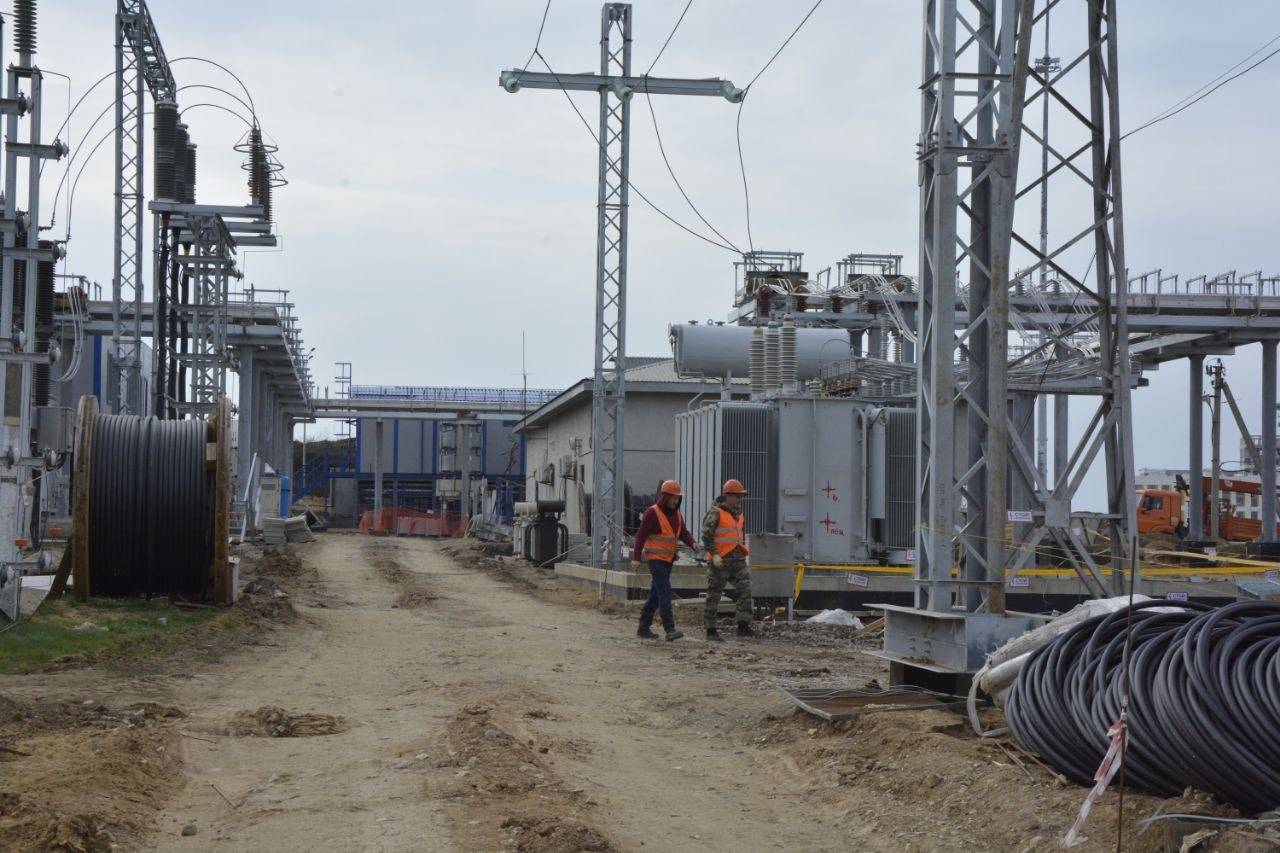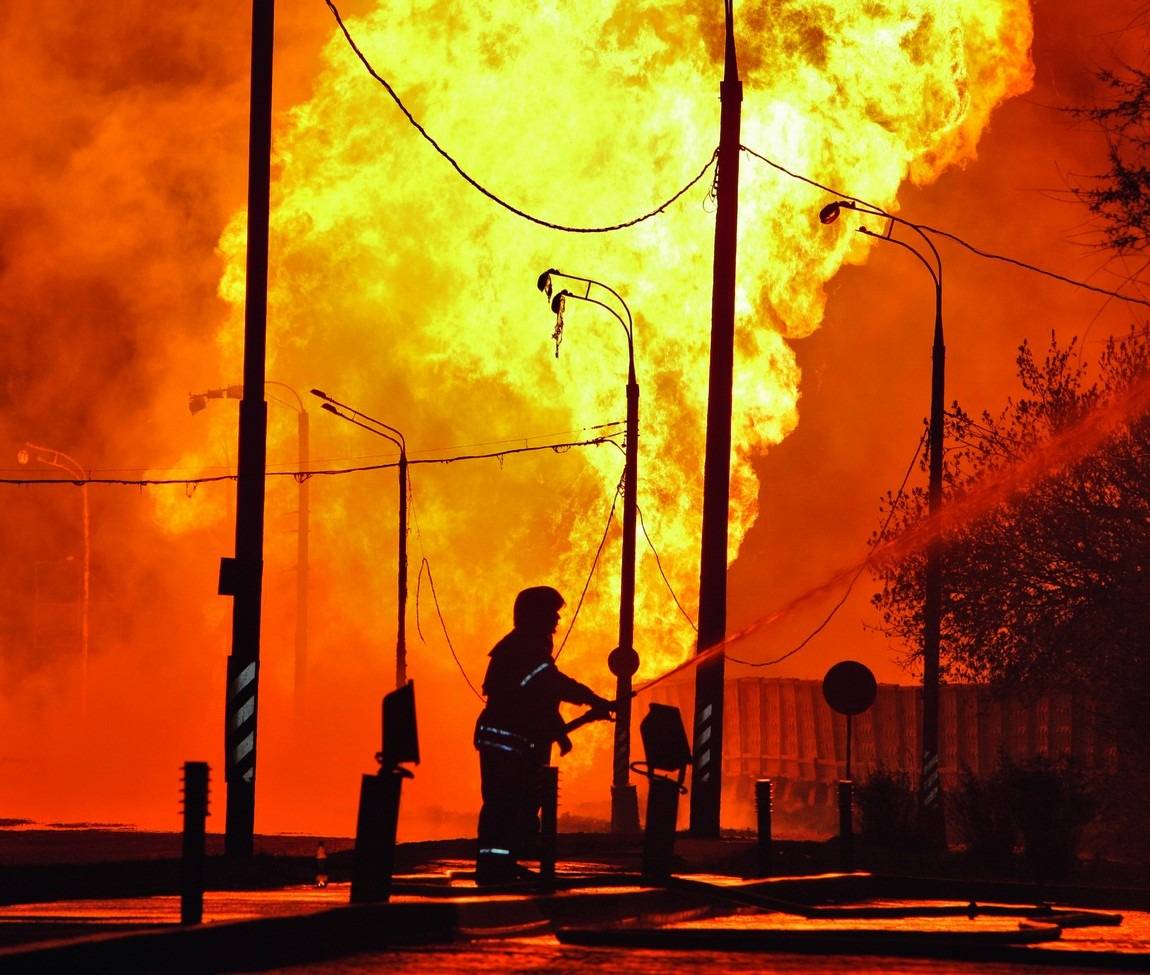“Restrictions to be expected due to emergency repair work on the water supply networks…”, “emergency shutdown, planned time for restoration of power supply - 3 hours,” “due to the failure of pumping equipment...” - Crimeans have long been accustomed to such messages. The peninsula's communications infrastructure is outdated, and the occupiers are in no hurry to upgrade it. But if in winter everything is limited to minor accidents, then in the height of the resort season, it usually turns into a communal disaster. Especially since, after the ban on swimming in the oil-polluted Black Sea near Anapa, crowds of Russian vacationers will head to Crimea.
The first warning sign came at the end of May, when the cable car from Yalta to Mount Ai-Petri stopped due to a power outage, and has not yet resumed operation. The owners said they are currently unable to ensure reliable operation. In the resort town of Saki, a large transformer malfunctioned, leaving several thousand people without power. This happened a few months after the occupation officials boasted about their plan to replace two hundred substations in Crimea, including in the Saki district.

"Well, there was a nuance in their promises. They announced the number, but did not say what the capacity of these substations would be. If we have a ‘ten’ on our street, then two hundred is nothing on the scale of Crimea. Last summer, we were without power once a week because the transformer couldn't handle the load," recalls a resident of the resort town of Novofedorivka.

Krymenergo acknowledges that the problem lies in old equipment that is not adapted to peak loads in the Crimean heat. “They are air-cooled and have no forced ventilation. They are housed in metal boxes, and if it's 40 degrees outside, it's 70-80 degrees inside,” explains Andriy Fomin, one of Krymenergo's managers. According to him, last summer, three powerful substations out of eleven were taken out of service for repairs on the South Coast alone. The remaining substations had to handle the load, and they did not cope very well. One of those substations has not yet been put back into operation, while the other two are undergoing repairs. So, the current season also promises to be eventful.
In Yevpatoria, the influx of tourists is also awaited with trepidation: on the eve of last season, due to a large-scale accident on the main water pipeline, the entire city was left without water for a week. This April, the water was shut off again for five days, and the occupying authorities announced that the pipe, which is 90% worn out and leaks regularly, would be replaced by the end of the year.

"But I wouldn't guarantee that everything will be fine even after the main pipe is replaced. First, because Konsolbud is in charge of this, and you know who owns it (the company belongs to the head of the occupation parliament, Vladimir Konstantinov — Ed.). They have nothing to do with water supply; they have their own specific area of expertise. And secondly, the situation inside the city is also bad; there may be a cascade of bursts, which will require lengthy replacement work," said one of the employees of the Yevpatoria water utility in a private conversation.
The situation with sewage on the peninsula is even worse. The occupying authorities regularly promise to replace the sewage treatment facilities, which are worn out beyond repair. For example, the treatment system in Katsiveli is 52 years old. Last year, they promised to replace it, but once again postponed the completion of the work, this time until next year. The situation is similar in Koktebel. There, the treatment facilities were supposed to be replaced in 2022, but this has not been done yet. Without equipment, plumbers were left with sanctions due to a full-scale invasion. “Import substitution” did not work in Yalta either, where last June a sewer collector that collected sewage along the entire coast burst. The contents of the collector ended up in the sea, and all the beaches of Greater Yalta were closed until it dissolved. In July, the same story repeated itself on the coast of Feodosia.

But the most powerful phantom pains from last season are felt by the residents of Alushta, where locals and vacationers watched for three days in July as the surrounding forest turned into a huge torch: a suspended gas pipe bridge depressurized. It took three days to extinguish the fire, and then the entire city of Alushta and 14 villages on the coast were left without gas and electricity for two weeks. Crimean hoteliers say they have no illusions that this year's season will be less volatile.
